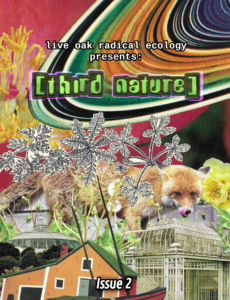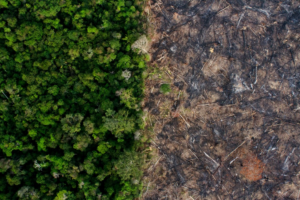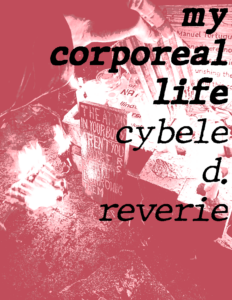sure, heaven may be great and all,
but i know a place whose name will call
the harrowed people of the streets,
the wretched, poor and punks who sleep
beneath the bridges and cars of trains
who agonize from this cruel world’s pains;
no gods to judge you for your entry,
nor any place for lords or gentry!
a portal to this island appears
in the puddles of desperate, stinging tears
wrought by poverty and deviance
from the cruel master’s allegiance,
in the bleakest suicidal moments
when hope seems lost in this world of torment:
a place bereft of parasites,
a simple, earthly paradise.
called Fuckoffland, corporeal bliss
defines this island’s very premise.
instead of brutal competition,
here the name of the game’s volition –
following every whim and fancy
be it horticulture or necromancy,
or making out with your many lovers,
your desire here you’ll rediscover!
every time you want to sing
or make, destroy, or sprout some wings,
so it becomes, for here you’re free
to do whatever pleasures thee.
the denizens of this fair land
may dance upon the beach’s sand
or fuck their friends til drenched in sweat
in puddles of body fluids, wet.
in Fuckoffland, five rivers flow:
there’s one of sweet and soothing aloe,
one of syrup, one of silk,
ketamine and strawberry milk.
they gush into an ocean of honey
to bathe and drink in, free of money.
it’s always warm, it never snows;
for drugs, no tolerance will grow
and every substance falls from trees
for all to harvest as they please.
the rain here tastes of wine and roses
but never fades, degrades or closes.
yes, every pleasure ephemeral
just grows and grows, here they’re eternal!
every orgasm beats the last
and every conversation a blast,
each day and night communal snuggles
each afternoon a bath of bubbles
but morning here’s reserved for sleep
with no alarm clocks that go BEEP!
the only occupation’s leisure,
the sole career prospect: pleasure!
there’s no cars or traffic or red lights,
for all can travel here by flight.
in this place, gender’s optional –
they use which bathroom’s most proximal.
each toilet has its own bidet,
each time the sun rises, it’s your birthday!
a world without wallets or documents,
or jobs, or borders – just opulence
and endless joy for those who languished
under capitalism’s anguish.
and no militia need defend
this island’s safety to prevent
its end by arms of fascist culture,
for it’s guarded by a flock of vultures
who peck the eyes of cops and priests,
bosses and landlords who dare entreat
to stop the fun and games they’re playing,
left on the beach, dead and decaying.
those who escape these birds’ attack
are devoured by magic plants that snack
on those who like to exploit and enslave,
too cruel and jaded to be saved.
the bodies turn to statues of stone
to piss upon, for here their throne
has no more power than a load
of flushed shit has over the commode.
every night they dance and dance
indulge in deviant gay romance
and fuck and cum and eat and dream
all sound asleep, sweet and serene,
knowing a new day is to come,
dizzy, smiling, joyful, dumb.
so whenever you are feeling sad,
and all seems hopeless, lost and bad,
don’t bother with prayer or cleansing your soul
appealing to god like a fish in a bowl
for your immortal spirit’s purity
to ensure your place in heaven’s entry
after you’re dead and buried by debt
and a lifetime of blood and tears and regret.
just have a cry, and like quicksand
you’ll be spirited away to Fuckoffland!


